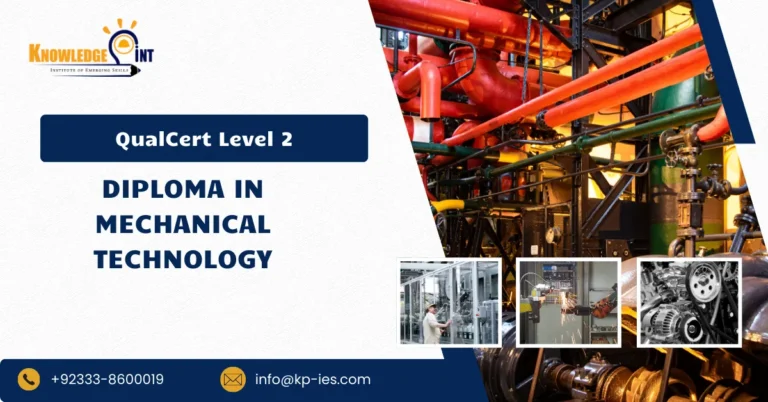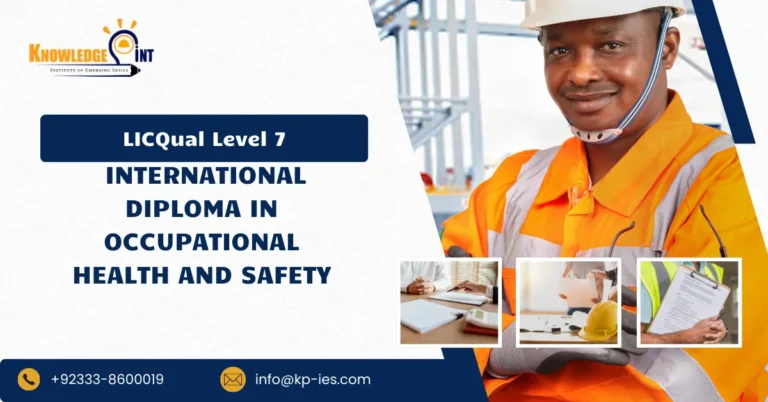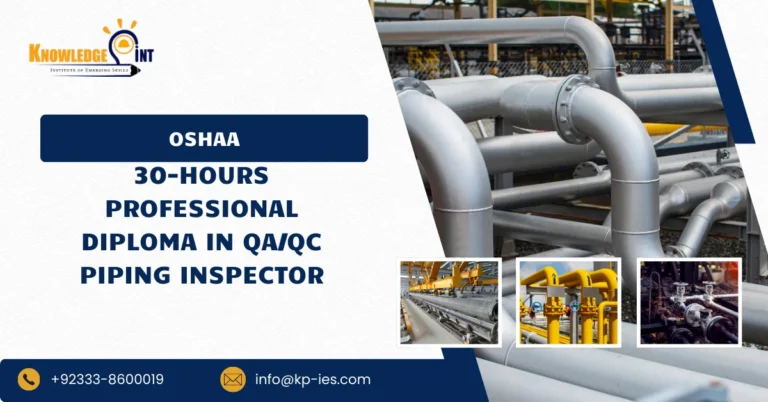ICTQual AB Level 6 International Diploma
Rail & Road Transport Technology
Awarding Body
ICTQual AB
Credits
360 Credits
Course
Transport & Logistics
study mode
Online Learning
Course overview
The ICTQual AB Level 6 International Diploma in Rail & Road Transport Technology is designed for professionals seeking advanced knowledge and practical skills in managing rail and road transport operations across industries and supply chains. The programme provides learners with a comprehensive understanding of transport management principles, logistics operations, infrastructure planning, and regulatory frameworks. It prepares professionals to operate effectively in sectors such as rail companies, road freight operators, logistics firms, and transportation consultancy, where efficiency, safety, and compliance with transport regulations are critical.
Throughout the course, learners develop advanced analytical, technical, and problem-solving skills essential for effective transport management. Key areas of study include transport operations, fleet management, route planning, traffic and safety regulations, infrastructure management, logistics coordination, and risk assessment. The programme also emphasises sustainable transport practices, environmental compliance, technological innovations in rail and road systems, and international transport standards to ensure safe, efficient, and legally compliant operations across national and global networks.
This diploma is ideal for transport managers, logistics coordinators, fleet supervisors, infrastructure planners, and professionals seeking career advancement in rail and road transport technology. Graduates gain the competence to optimise transport operations, manage fleets efficiently, ensure regulatory compliance, and implement innovative transport solutions. The Level 6 qualification also opens pathways to postgraduate study, professional certifications, and senior leadership roles in transport management and logistics worldwide.

Approved Training centre of ICTQual AB
Centre # : ATC24001

Entry Requirments
Entry Requirements for the ICTQual AB Level 6 International Diploma in Rail & Road Transport Technology:
- Educational Qualifications:A minimum of a Level 5 diploma or equivalent in transport, logistics, engineering, or a related field.
- Professional Experience:At least 2 years of relevant work experience in rail, road, or logistics operations and transport management.
- English Language Proficiency:Since the program is delivered in English, learners must show competence in reading, writing, and communication.
Course structure
The ICTQual AB Level 6 International Diploma in Rail & Road Transport Technology in Personal Protective Equipment qualification consists of 36 mandatory units.






